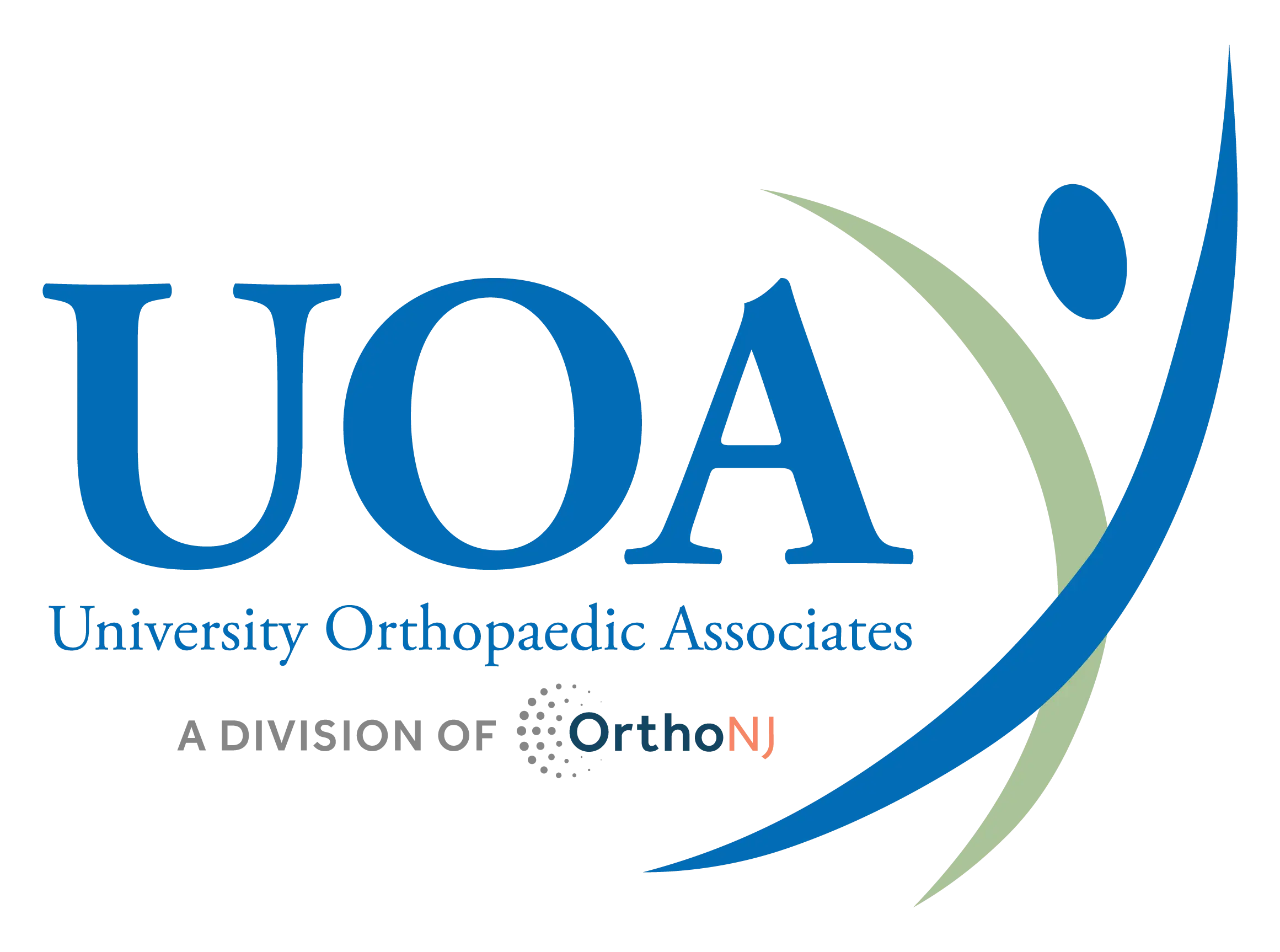The Importance of PROMs in Athletic Training

Patient-Reported Outcome Measures (PROMs) play an important role in routine patient care and clinical research for athletic trainers and orthopaedic specialists alike. But despite its many benefits, PROMs are used by only 15% to 26% of athletic trainers, many of whom report its tools present multiple barriers.
When implemented correctly and used regularly, they have the potential to enhance the quality of patient care and increase patient satisfaction and recovery outcomes. It’s also important for athletic trainers to validate care and substantiate their value for administrators and parents.
Here’s a closer look at the importance of PROMs in athletic training and how to implement them in your daily practice.
What Are PROMs?
Patient-reported outcomes are health outcomes reported by the patients who actually experience them, versus the outcomes that are reported by third parties such as nurses or physicians. PROMs are the tools, or measurements, your patients can use to provide athletic trainers and orthopaedic specialists with information about their sports injuries, conditions, symptoms and overall health.
PROMs are an ideal way to track a patient’s recovery progress and to measure their health and functional status before and after certain treatments, such as surgery. They can significantly increase an athletic trainer’s existing knowledge about the outcomes of various injuries, which can ultimately enhance the quality of care you deliver to your patients.
Why Are They Important for Athletic Trainers?
Athletic trainers play highly important roles in the prevention of injuries and can also shorten downtime and recovery. According to a study published in the Journal of Athletic Training, PROMs can help athletic trainers inform patient care decisions, evaluate the efficacy of treatment approaches from a holistic, whole-person perspective and provide them with more insight about their patients’ perspectives.
In short, they can help you better understand and measure your patient’s recovery experience, which can then guide you toward identifying the right treatment path and making the right changes to treatment plans on the fly as needed. As a result, your patients can feel happier and more satisfied with their care, especially if they can resume their activities more quickly.
What Are the Perceived Barriers to Using PROMs?
Many athletic trainers who do not use PROMs in their daily practice say that they feel the tools are complex and difficult to use, and that using them takes up too much time in their schedules.
According to the American Academy of Orthopaedic Surgeons, other perceived barriers to PROMs include:
- Difficulty accessing and using them during appointments
- High implementation costs
- Reduced practice efficiency
- Inconsistent reliability across measures
- Lack of actionable data
Tips on Implementing
A key to successfully implementing PROMs in your practice is to fully see and recognize their value. The AAOS suggests beginning “with the end in mind” and tailoring PROMs to meet the goals of both your patients and the practice with which you work.
Tips for athletic trainers to encourage their practice to implement PROMs:
- Identify your goals and what you want to accomplish.
- Engage stakeholders for input, and to gain new and valuable perspectives.
- Understand your current stage of development using the tools provided by AAOS.
- Identify how PROMs can enhance your current processes. This may require you to understand and document your processes first, then consider where PROMs would fit in.
- Design your program. Early steps include deciding which PROMs instruments to use and how to collect data.
- Customize PROMs as needed based on what works best for your patients and practice.
It may also help to network with other athletic trainers or practices that use PROMs to collect best practices for use and implementation.
University Orthopaedic Associates (UOA) is committed to using PROMs in our daily orthopaedic treatment practices. Athletic trainers at UOA work closely with our physicians to produce the best possible outcomes and full recovery of our patients. We invite all athletic trainers to visit our For Professionals page for more tips like those above and for information on careers and continuing education credits.

